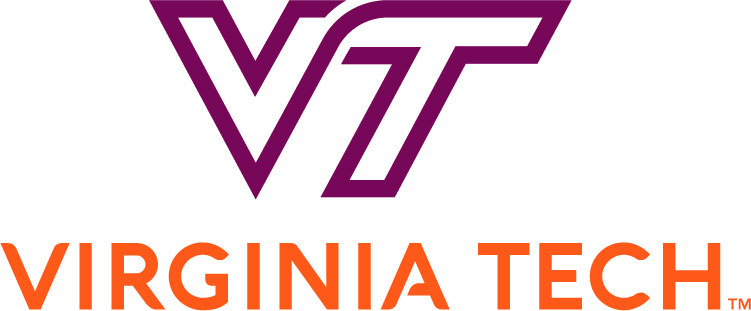With social distancing restrictions easing nationwide, many areas are requiring people to wear face masks in public places. Wondering what type of face mask works best to prevent the further spread of COVID-19? Virginia Tech expert Peter Jobst explains the science behind cloth and medical face masks for the best protection.
Why is it important to wear a face mask?
“Wearing a face mask helps create a barrier for respiratory droplets to collide with so they don’t travel as far in closed environments, thereby reducing transmission of disease. Take a look at the Japanese culture. Facial coverings are socially accepted and as a result have a very high compliance rate. Their very low COVID-19 infection rates reflect the value of wearing a mask when in close proximity to others.”
How do cloth face masks help prevent the spread of COVID-19?
“The theory behind the cloth masks is that they suppress respiratory droplets. They don’t protect the wearer of the mask, but instead, they protect the people around the wearer from contracting disease. Cloth masks don’t really filter, however there are various reports of filtration rates ranging from 10-85 percent. The data all depends on what materials are used to construct the masks, if they have an integrated filter material, etc. Since there is no standard design for a cloth face mask, you don’t achieve standard filtration rates.”
What is the difference between N95 and KN95 masks?
“As for medical masks, multiple off the shelf materials have shown various degrees of success in filtration. An N95 respirator has high efficiency due to electrostatic charging in the filter material and proper fit. In theory, if you were able to find materials that had an electrostatic charge similar to materials used in N95 respirators, they should offer more protection than a cotton mask alone. The electrostatic charge is what captures pathogen and debris in the filter material so it, in addition to proper fit, is key to achieving 95 percent efficiency.
“Standard N95 masks are validated by NIOSH and the FDA, the KN95 is validated based on Chinese standards. They are likely constructed with the same meltblown materials used in our N95 respirators. Meltblown materials are electrostatically charged to bind and filter out pathogens, but due to Chinese standards the KN95’s don’t meet the compliance criteria established in the USA.”
About Jobst
Pete Jobst is the Director of College Facilities at the Virginia Maryland College of Veterinary Medicine (CVM). Initially hired as the Animal Resource Manager for the CVM, he managed the animal research program. In 2008, he was instrumental in helping the College achieve AAALAC accreditation and the College has maintained continued accreditation since this time. AAALAC is known as the gold standard for research animal care and there are just over 1000 organizations accredited worldwide. AAALAC accreditation forced Pete to learn an extensive amount about facilities, sanitation, biosecurity, etc., and in 2014, he was asked to assume responsibilities for college facilities.
Our studio
Finding reliable experts for media interviews is especially important during this difficult time. Virginia Tech’s television and radio studios can broadcast live HD audio and video to networks, news outlets, and affiliates interviewing Virginia Tech faculty and staff. The university does not charge for use of its studios. Video is transmitted by LTN Global Communications; Skype, FaceTime, or similar products; or file sharing (Dropbox, Google Drive, We-Transfer, etc.). Radio interviews can be transmitted by ISDN, Comrex, phone, smartphone recording, or file sharing.
